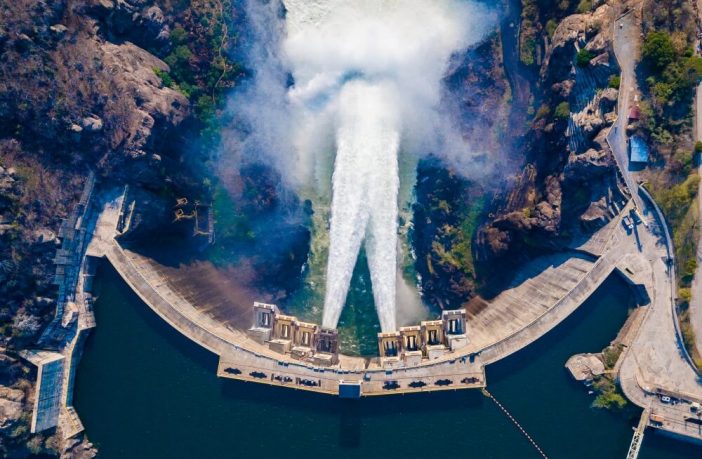- The Cahora Bassa Hydroelectric (HCB) company results ended 2019 record a profit is 6,062.9 million meticais (USD 86000.00).
- This is a 30.5 percent rise over the previous year’s results.
- Located on the Zambezi River in Tete province, HCB is the largest power plant in Mozambique, comprising five turbines with a capacity to generate 415 Mw each.
Accounts recently made public indicate that 2019 energy production reached 14,656 GWh, an increase of 7.3 percent in relation to 2018. The increase mainly derives from significant improvement in reservoir levels to peak storage of 99.59% full, a depth of 326 metres.
The company remains committed to the rehabilitation and modernisation of its assets, within the scope of its Capex Vital programme, which will contribute to the improvement of energy production and transport.
Related news: Demand for Cahora Bassa Hydro shares oversubscribed
Capex Vital is a medium-term investment plan with an estimated cost of €500 million, aimed at the refurbishment and modernization of the enterprise’s electro-producer system.
Last year, HCB signed a contract with Sweco, a Swedish company, for a modernisation and hydroelectric project. Under the contract, Sweco will provide consultancy services and monitor and verify the installation of new equipment in one of Africa’s largest dams.
The hydroelectric dam modernisation and exploitation project is expected to be completed in 2025, with Brazilian company Intertechne Consultores partnering with Sweco for some parts of the contract.
In the accounts report, HCB also highlights the importance of the Public Offer for Sale (OPV) of four percent of the shares launched last year, which allowed many Mozambicans to become shareholders in the Mozambique Stock Exchange’s largest-ever share offering.
Author: Bryan Groenendaal
Source: HCB
















